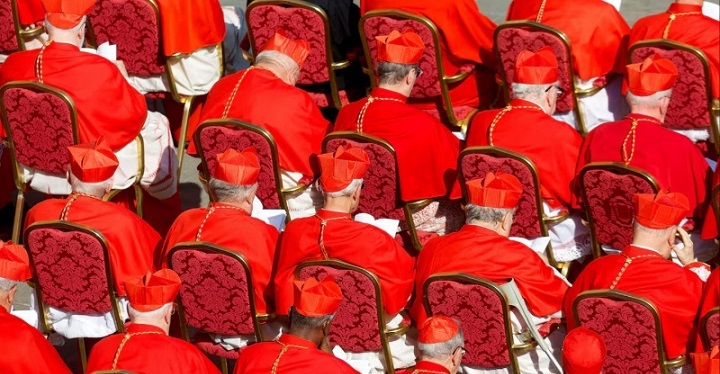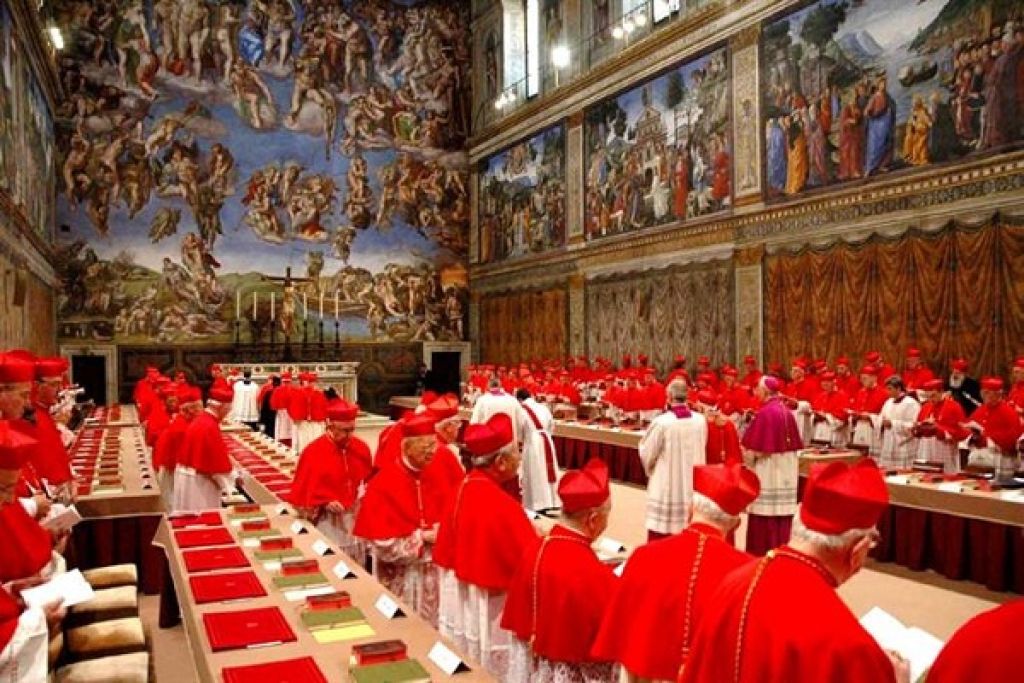[ad_1]
WASHINGTON/JERUSALEM (Reuters) – President Donald Trump abruptly reversed decades of U.S. policy on Wednesday and recognized Jerusalem as the capital of Israel, generating outrage from Palestinians and defying warnings of unrest in the Middle East.
Drawing praise from Israel, Trump said in a speech in the White House that his administration would begin a process of moving the U.S. embassy in Tel Aviv to Jerusalem, a step expected to take years and one that his predecessors avoided so as not to inflame tensions.
The status of Jerusalem — home to sites holy to the Muslim, Jewish and Christian religions — is one of the thorniest obstacles to reaching a peace deal between Israel and the Palestinians.
The international community does not recognize Israeli sovereignty over the entire city, believing its status should be resolved in negotiations.
“I have determined that it is time to officially recognize Jerusalem as the capital of Israel,” Trump said. “While previous presidents have made this a major campaign promise, they failed to deliver. Today, I am delivering.”
Trump’s decision jeopardizes the United States’ historical role as a mediator in the Israeli-Palestinian conflict and frays relations with Arab allies that Washington relies on to help it oppose Iran and fight Sunni Islamist militants.
Israel considers the city its eternal and indivisible capital and wants all embassies based there. Palestinians want the capital of an independent Palestinian state to be in the city’s eastern sector, which Israel captured in a 1967 war and annexed in a move never recognized internationally.
Israeli Prime Minister Benjamin Netanyahu hailed Trump’s announcement as a “historic landmark” and urged other countries also to move their embassies in Israel to Jerusalem.
Netanyahu said any peace deal with Palestinians must include Jerusalem as Israel’s capital. This would be a non-starter for Palestinians if it means the entire city would be under Israeli control.
PALESTINIANS UPSET
Palestinian President Mahmoud Abbas on Wednesday called the city “the eternal capital of the state of Palestine.” Abbas said Trump’s decision was tantamount to the United States abdicating its peace mediator role.
Palestinians say Trump’s move will mean the “kiss of death” to the two-state solution, which envisions a Palestinian state in territory – the Gaza Strip, the West Bank and East Jerusalem – that Israel took in 1967.
No other country has its embassy in Jerusalem. Two small Latin American states, El Salvador and Costa Rica, previously had embassies in Jerusalem before shifting them to Tel Aviv in 2006, saying they wanted to abide with international norms.
Trump has tilted U.S. policy toward Israel since taking office in January, considering it a strong ally.
His decision on Jerusalem fulfills a campaign promise and will please Republican conservatives and evangelicals who make up a sizeable portion of his base of support.
Otherwise, the political benefits for him are unclear.
“He cannot expect to side entirely with Israel on the most sensitive and complex issues in the process, and yet expect the Palestinians to see the United States as an honest broker,” said former U.S. Ambassador to Israel Daniel Kurtzer.
“His stated desire for doing the ‘ultimate deal’ is now a casualty of his own policy naivete,” Kurtzer said.
Pope Francis called for Jerusalem’s status quo to be respected, saying new tension would further inflame world conflicts. China and Russia expressed concern the plans could aggravate Middle East hostilities.
Several hundred protesters gathered outside the U.S. consulate in Istanbul over Trump’s decision.
French President Emmanuel Macron said Trump’s announcement was “regrettable” and one that Paris does not support. U.N. chief Antonio Guterres said there was no alternative to the two-state solution, “There is no Plan B.”
Trump said his move is not intended to tip the scale in favor of Israel and that any deal involving the future of Jerusalem would have to be negotiated by the parties.
Seeking to soften the blow of his announcement to the Palestinians, he insisted he was not taking a position on “any final status issues, including the specific boundaries of the Israeli sovereignty in Jerusalem, or the resolution of contested borders.”
Other key disputes between the two sides include the fate of Palestinian refugees and Jewish settlements built on occupied land. Trump made no mention of settlements.
He said he remained committed to the two-state solution if the parties want one.
The president called on the region to take his message calmly.
“There will of course be disagreement and dissent regarding this announcement but we are confident that ultimately, as we work through these disagreements, we will arrive at a place of greater understanding and cooperation,” Trump said.
Trump said his move reflected the reality of Jerusalem as the center of Jewish faith and the fact that the city is the seat of the Israeli government.
Trump acted under a 1995 law that requires the United States to move its embassy to Jerusalem. His predecessors, Bill Clinton, George W. Bush and Barack Obama, had consistently put off that decision to avoid inflaming tensions in the Middle East.
Trump ordered a delay to any embassy move from Tel Aviv since the United States does not have an embassy in Jerusalem to move into. A senior administration official said it could take three to four years to build one.
Additional reporting by Matt Spetalnick, Doina Chiacu, David Alexander in Washington, Ali Sawafta in Ramallah and Ori Lewis in Jerusalem; Editing by Yara Bayoumy and Alistair Bell
[ad_2]
Source link






Leave a Reply